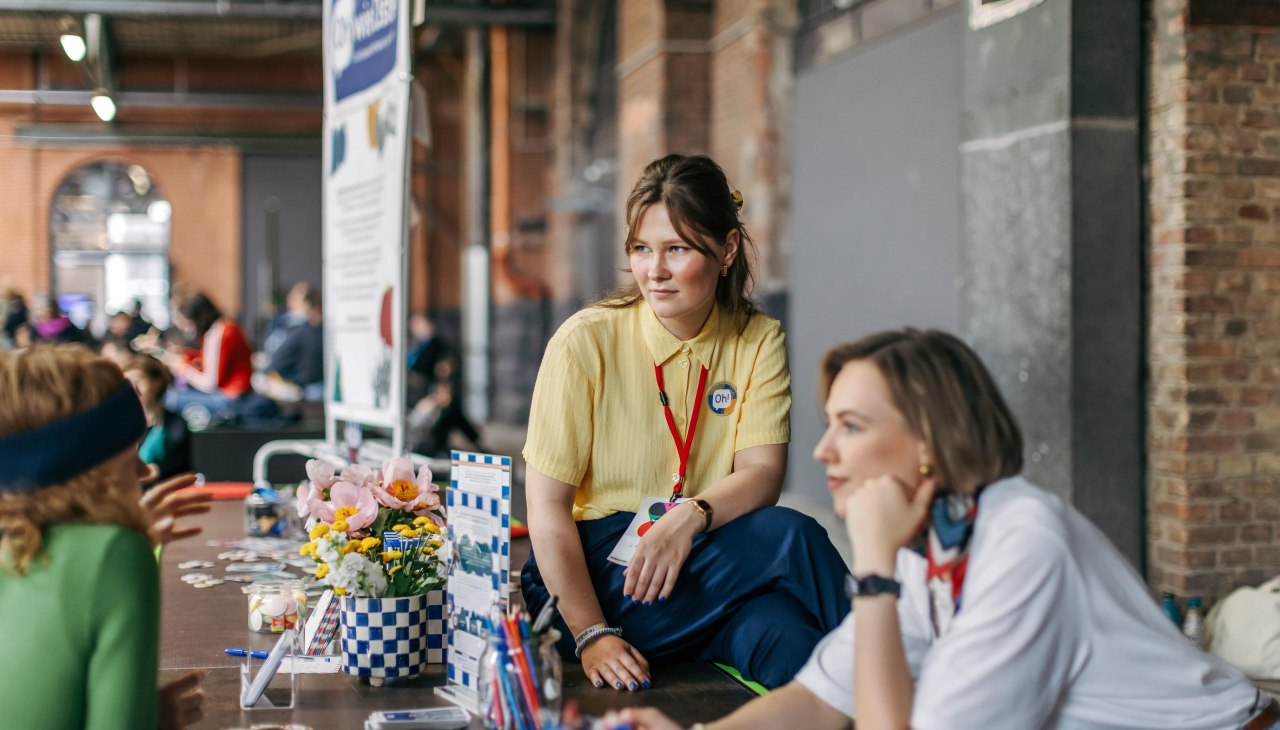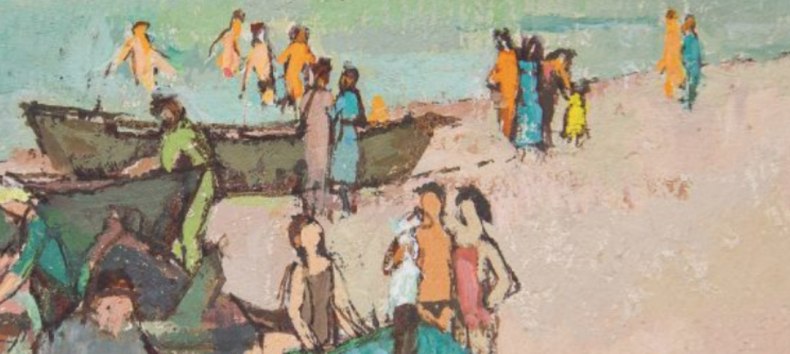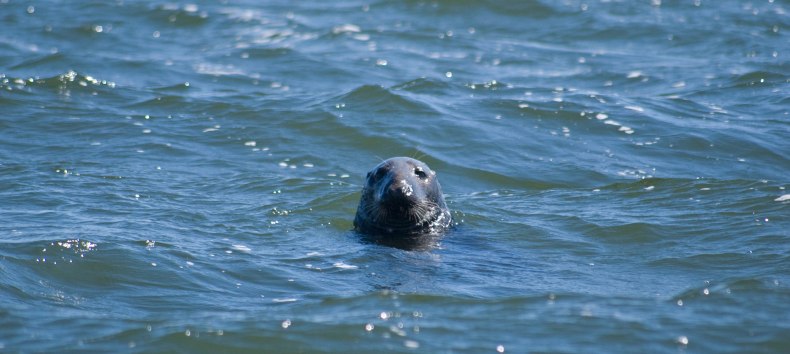35 years after reunification - The program shows how two post-reunification children put German unity to the test, reinterpret it, help shape it and explore what unity, belonging and origin mean today. Film screening followed by a discussion with editor Katrin Müller-Walde.
35 years after reunification, Germany has officially grown together. But how do young adults experience the supposedly united country? What does unity mean for the reality of life for a generation that never experienced division and reunification, but still feels its consequences today?
"37°Leben" accompanies two young people from East Germany who live with their legacy of unification in different ways.
Dennis was born in 1991 in Senftenberg, Brandenburg, the son of contract workers from Poland and Mozambique. Exclusion and racism were part of his everyday life - but he still enjoyed his childhood. To this day, the 33-year-old loves his homeland and feels distinctly East German. But Dennis also looks at the East with concern. Right-wing forces are returning and with them his struggle for belonging. What does it mean to be East German if you are considered "different" in your own homeland and in a united country?
Jule was born in Rostock in 1997. Her grandparents left for West Germany shortly before the fall of the Wall without Jule's parents. The family was separated - an event that has left its mark on her to this day. As part of the GenZ initiative (K)einheit, the 27-year-old is not only concerned with her origins and past, but is also committed to a positive future for the 4th generation East. After living in West Germany for several years, Jule is now consciously returning to the East and wants to find her very own voice on German unity.
The program shows how two post-reunification children put German unity to the test, reinterpret it, help shape it and explore what unity, belonging and origin mean today.




